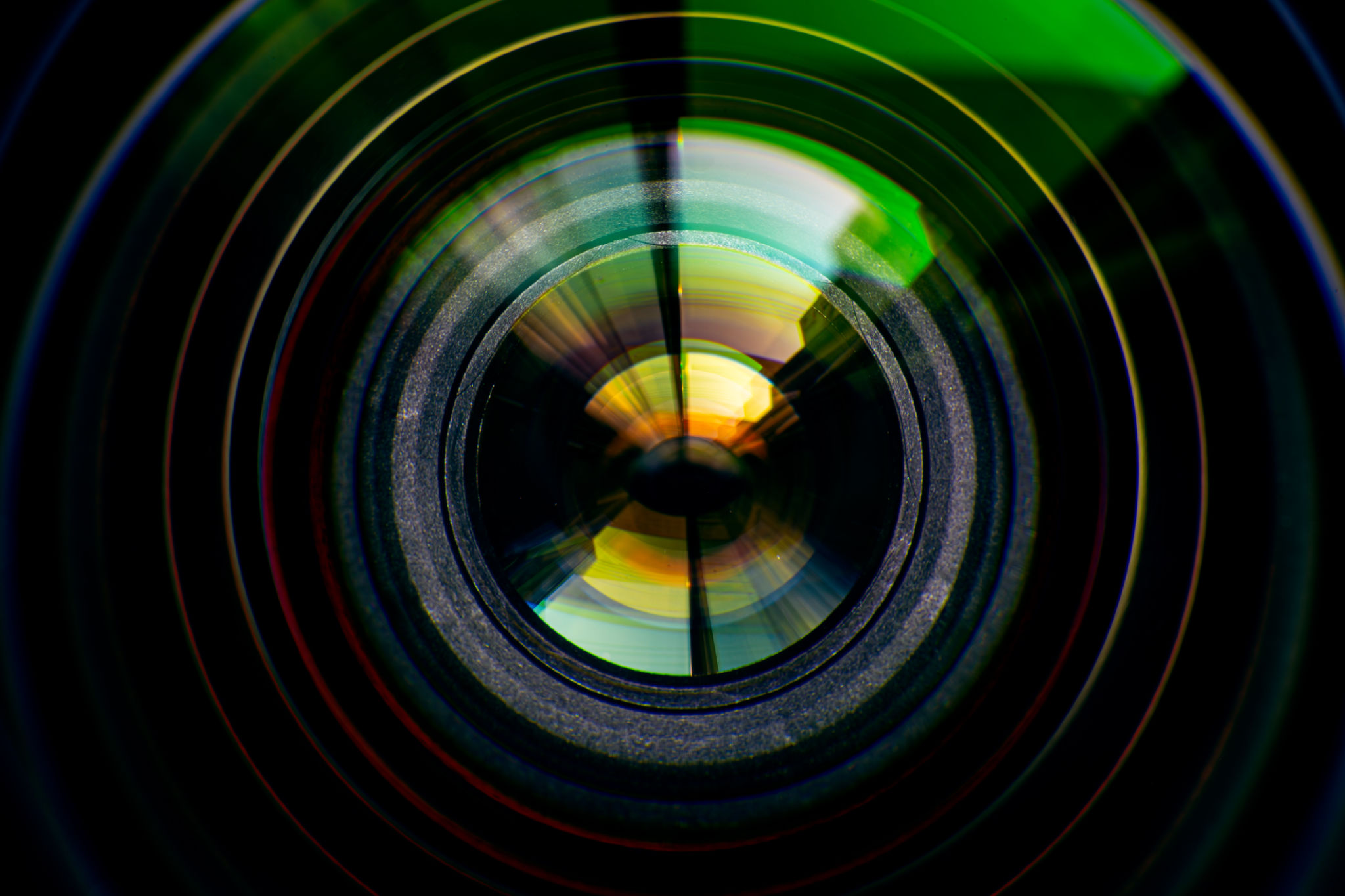Photography Equipment Essentials for Beginners
Introduction to Photography Equipment
Getting started in photography can be both exciting and overwhelming, especially when it comes to choosing the right equipment. With so many options available, it's crucial for beginners to focus on essentials that will enhance their learning and skills. This guide will help you navigate through the basic photography equipment needed to kickstart your journey.

Choosing Your First Camera
The first and most important piece of equipment is the camera itself. For beginners, a DSLR or a mirrorless camera is highly recommended. These cameras offer versatility, better image quality, and the ability to change lenses. Some popular entry-level options include models from Canon, Nikon, and Sony.
When choosing a camera, consider factors such as your budget, the type of photography you are interested in, and the camera's ease of use. Don't be swayed by high-end models with features you may not need initially; instead, focus on finding a camera that suits your immediate needs.
Essential Lenses
While the camera body is important, lenses play a crucial role in capturing stunning images. For beginners, a kit lens, usually an 18-55mm lens, is a good starting point as it offers a decent zoom range for various types of photography. As you progress, consider investing in a 50mm f/1.8 lens, which is great for portraits and low-light conditions.
Another versatile option is a telephoto lens, ideal for capturing distant subjects such as wildlife or sports events. As you explore different photography styles, your lens collection can expand accordingly.

Tripods and Stabilization
A sturdy tripod is essential for any photographer aiming to take sharp images, especially in low light or when shooting long exposures. Tripods come in various sizes and materials, so choose one that balances portability and stability based on your needs.
If you're often on the move or shooting handheld, consider a camera stabilizer or gimbal to reduce camera shake and ensure smooth video footage. These tools are particularly useful for vlogging or capturing dynamic scenes.
Lighting Essentials
Good lighting can make all the difference in photography. While natural light is a great starting point, having additional lighting equipment can enhance your photos. A basic external flash can significantly improve indoor shots or fill shadows when shooting outdoors.

For more controlled lighting scenarios, consider investing in softboxes or reflectors. These tools help diffuse light evenly and create more flattering portraits.
Memory Cards and Storage
Investing in high-quality memory cards with ample storage capacity is crucial to ensure you don’t run out of space during a shoot. Opt for cards with fast write speeds to handle continuous shooting modes efficiently.
Additionally, having an external hard drive or cloud storage solution is vital for backing up your images regularly. This ensures your work is safe and easily accessible for future editing or sharing.
Edit and Enhance Your Photos
Once you've captured your images, editing software becomes an invaluable tool to refine and enhance them. Programs like Adobe Lightroom and Photoshop offer extensive features to adjust exposure, contrast, colors, and more.

For beginners not ready to invest in premium software, there are free alternatives like GIMP or online platforms like Canva that provide basic editing capabilities. Learning how to edit effectively can elevate your photography to new heights.
Conclusion
Embarking on your photography journey requires thoughtful investment in essential equipment that aligns with your interests and skill level. By focusing on these basics—cameras, lenses, tripods, lighting, storage, and editing tools—you'll be well-equipped to capture stunning images and grow as a photographer. Remember, photography is an art form that thrives on creativity and experimentation, so continue exploring and developing your unique style.